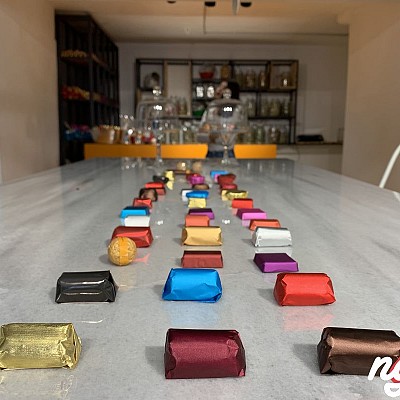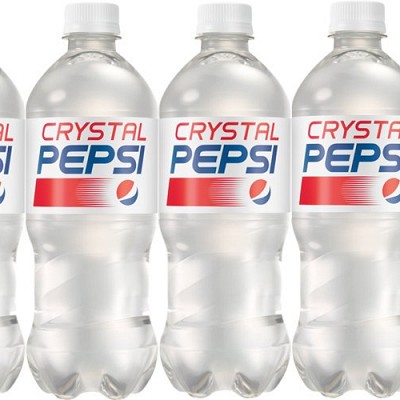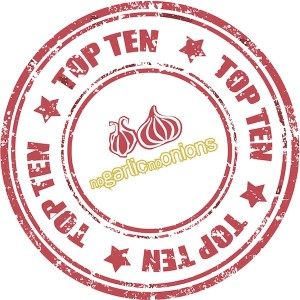World Food Organization of the United Nations
Lebanon
On a recent sunny Tuesday, some 1 900m up a mountain in Northern Lebanon, Anthony Rahayel wound his way up a narrow road in search of cheese.
His destination was Btelaya, one of the last remaining villages that produce JebnehDarfiyyeh, and home to a family that’s been making it for 140 years.
“I spent 24 hours with the shepherd, watching how the cheese is made from start to end,” Anthony says excitedly. “I even went to the cave they put the cheese in. It’s a one-month process of aging it, drying it.”
It was the first time the whole process had been documented on camera, he says.
It’s these moments he lives for, showing the cultural and culinary beauty of Lebanon to people around the world, including his compatriots. He loves to show locals new things about their own country, he says, and for the diaspora worldwideto take pride and interest in their heritage.
“It is the best cuisine in the world – no competition,” says Anthony, who credits the diversity of influences left by the Romans, the Ottomans and the French, and Lebanon’s key position along the old Silk Road.
“Our country also has many days of good weather, so we have the greatest veggies. Everything you eat here is natural and tastes amazing.”
Since 2012, the dentist-turned-food-blogger has built a loyal following showing that richness on his Youtube channel and website No Garlic No Onions. He also producesshort features on Lebanese TV.
He’s keen to dispel Lebanon’s old image of a country marked by conflict and economic crises, he says. Still, crisis also shapes food culture, and not always negatively. Separated by Civil war, communities fostered unique food habits that reflect the religious and cultural roots of those who settled there, explains Anthony, especially in the villages.
The recent economic crisis, meanwhile, has given an unexpected jolt to Lebanon’sfood industry.
“We are inventing more, exporting more. We are doing things we’ve never done before,” he says.
That includes, yes, cheese. “We used to only do white cheese – feta, halloumi. Everything else was imported. Until the 2019 crisis. Importing was expensive, so we said, ‘Why not do it ourselves?’”
Anthony has discovered 40 new cheeses so far, “local versions of pecorino, brie, gouda”.
Having access to diverse foods in any context is a key part of the right to food, saysAnthony. He’d like to see better distribution, including from restaurants to those struggling.
Above all, he says, the impact of the crisis has been softened by Lebanon’s strong community ties and diaspora support.
“Everybody knows everyone here. If you do find someone who’s hungry, you feed them.”






































